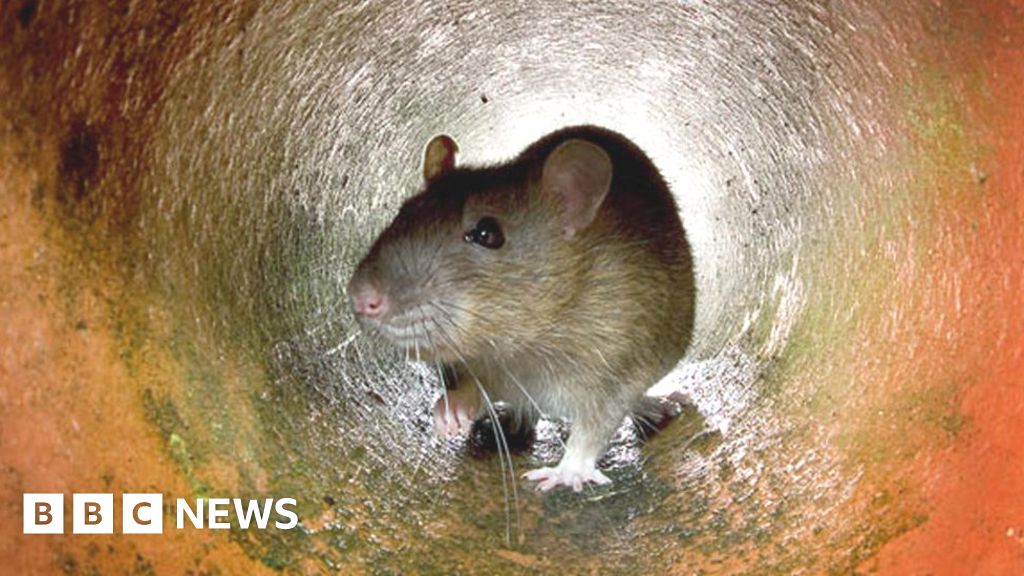
Turning wild spaces into farmland and cities has created more opportunities for animal diseases to cross into humans, scientists have warned.
Our transformation of the natural landscape drives out many wild animals, but favours species more likely to carry diseases, a study suggests.
The study shows that, worldwide, we have shaped the landscape in a way that has favoured species that are more likely to carry infectious diseases.
"Our findings show that the animals that remain in more human-dominated environments are those that are more likely to carry infectious diseases that can make people sick," said Rory Gibb of University College London (UCL).
The new evidence comes from analysis of a dataset of 184 studies incorporating almost 7,000 animal species, 376 of which are known to carry pathogens shared with humans.
We know, for instance, that close contact with wild animals through hunting, trade or habitat loss puts the world at increased risk of outbreaks of new diseases.
Wild animals at risk of extinction due to human exploitation have been found to carry over twice as many viruses that can cause human disease as threatened species listed for other reasons.
When humans modify habitats, more unique species are consistently lost and are replaced by species that are found everywhere, such as pigeons in cities and rats in farmland